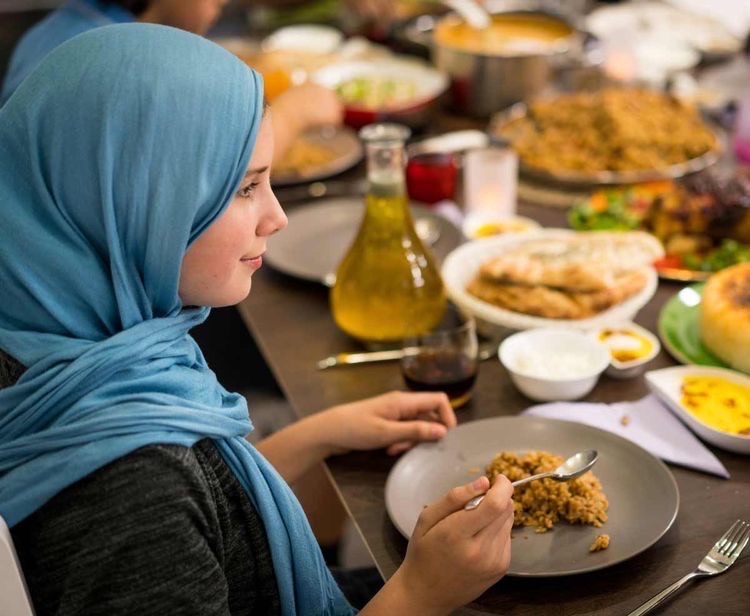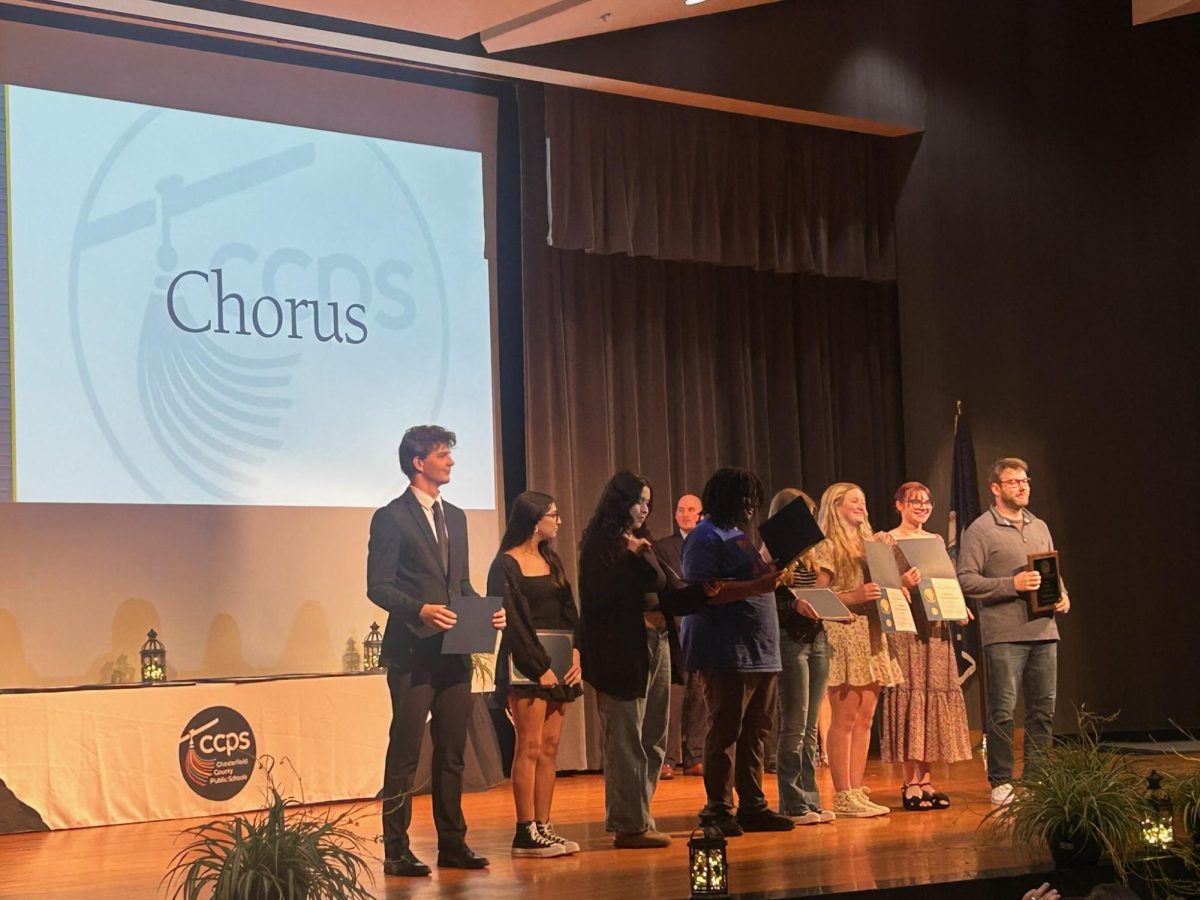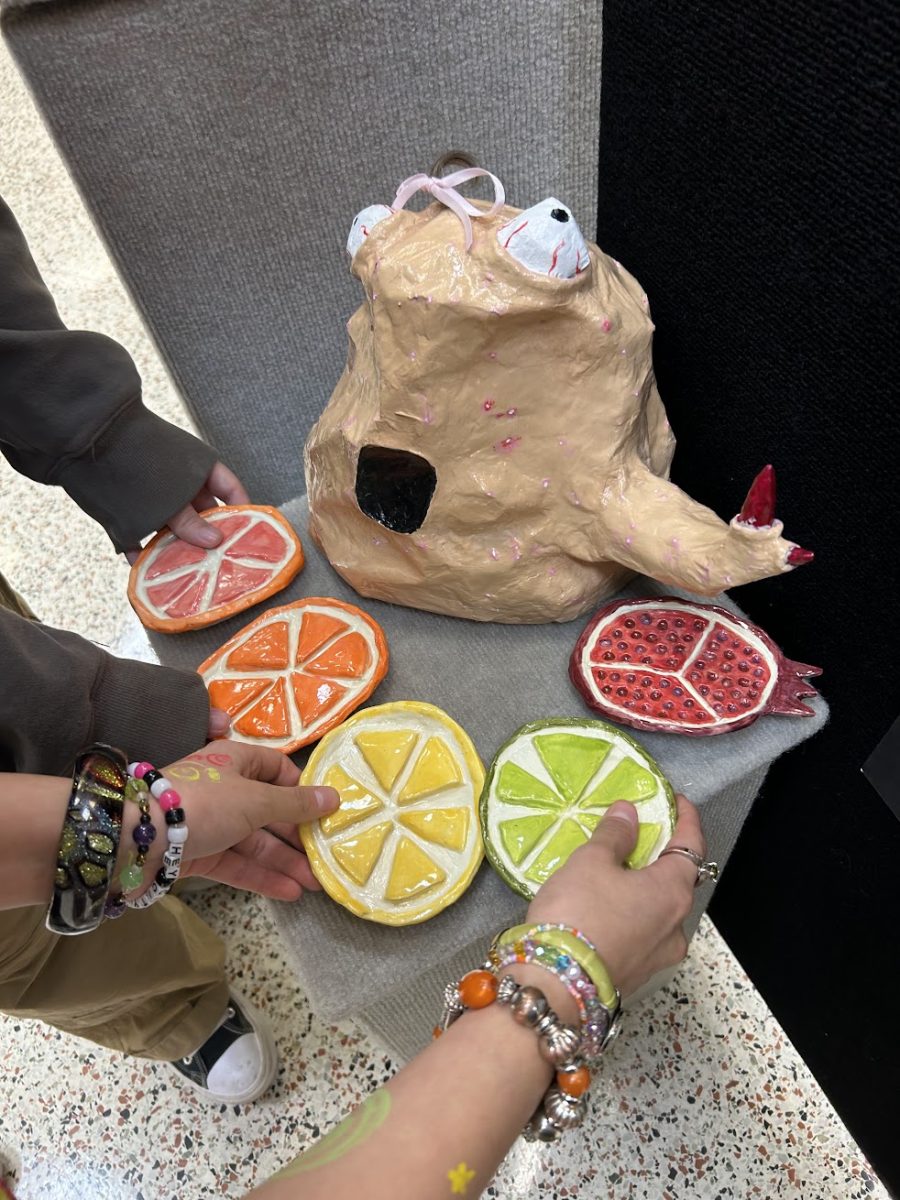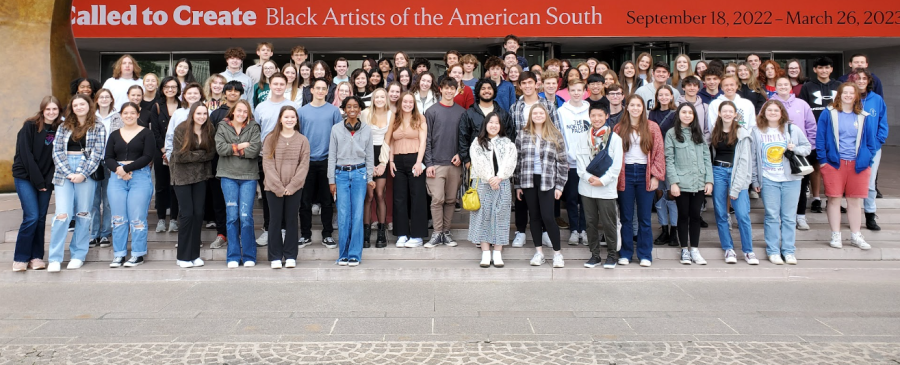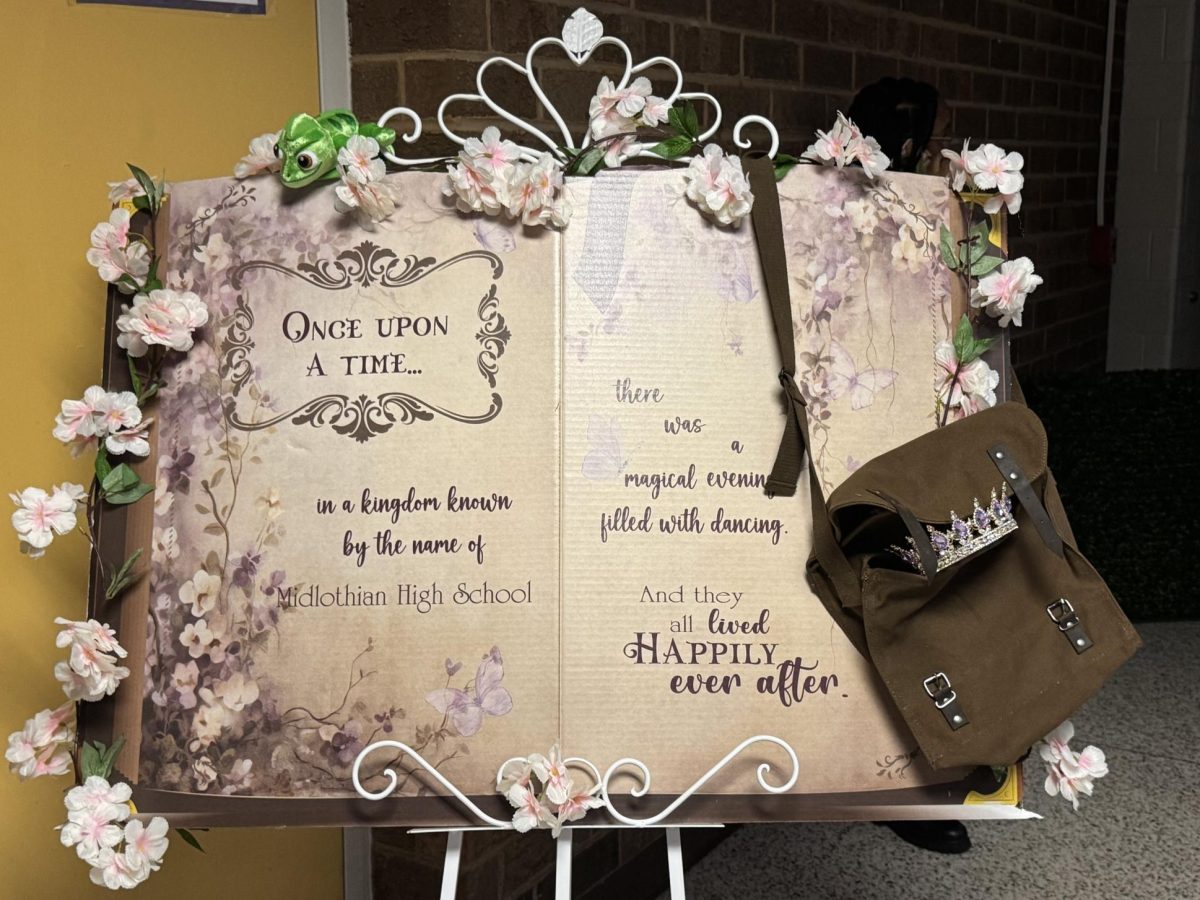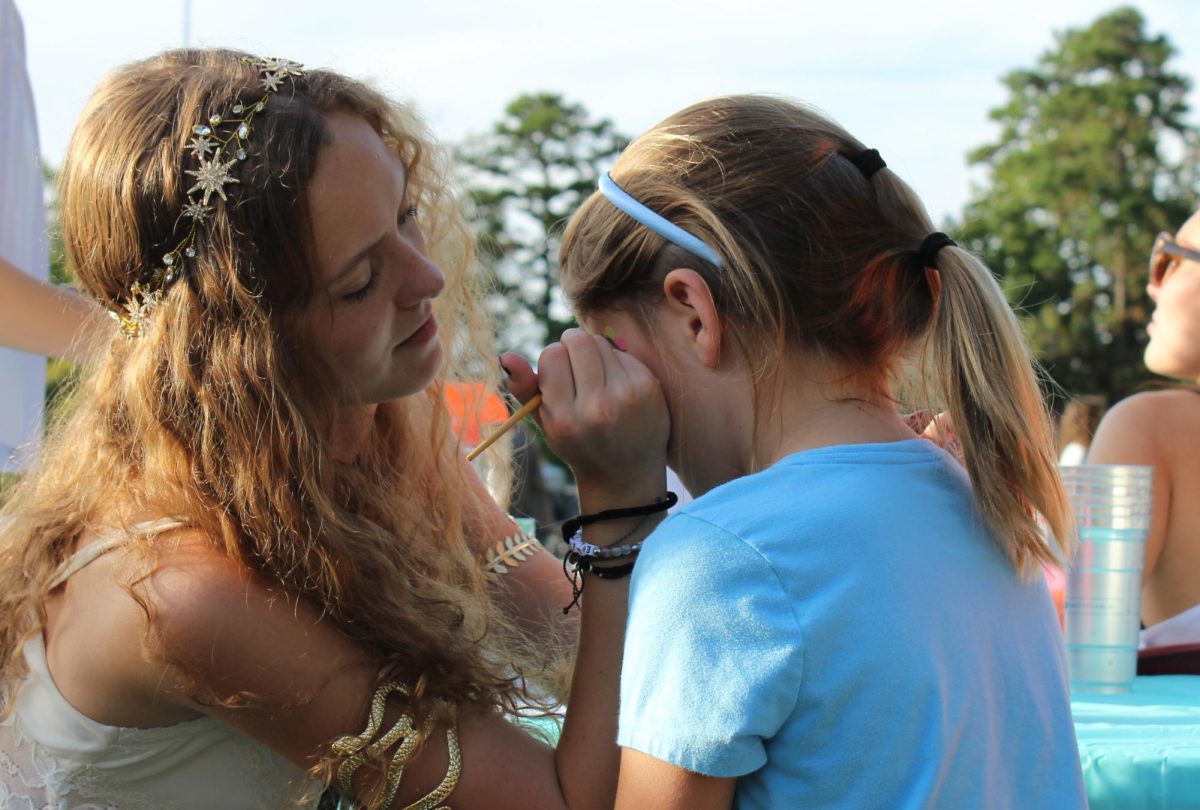For the Muslim community, Ramadan is the holiest month of the year, since it is when the Holy Book (Qur’an) was revealed to the Prophet Muhammad. Ramadan is a time for reflection, during which Muslims refrain from eating and drinking during daylight hours, and rather focus on prayer, purification and charitable acts.
Muslims break their daily fasts by sharing meals with family and friends, and the end of Ramadan is celebrated with a three-day festival known as Eid al-Fitr, one of Islam’s major holidays. Ramadan always falls on the ninth month of the 12-month Islamic calendar. This year, Ramadan began at sunset on Monday, April 12, 2021, and will end on Wednesday, May 12, 2021.
For those observing Ramadan this year, it may be a little more strenuous than usual for the students to concentrate while fasting in a virtual environment or in-person at school. In response to this, below is a short survival guide for observing students to achieve success in school and stay energetic while fasting.
1. Plan
Planning is essential both personally and professionally. It helps us achieve our goals, and allows for more efficient use of time and other resources. For the month of Ramadan, make your timetable as far in advance as possible, so you can schedule organizing your relevant coursework, revision, rest, daily exercise, prayer and meals in the most efficient way possible. By following a timetable, you will achieve your goals more efficiently.
2. Eat Well
Especially during the month of Ramadan, a well-balanced diet is necessary, as it provides all of the energy you need to keep active throughout the day. Nutrients you need for growth and repair help you to stay strong and healthy and help to prevent diet-related illness, lethargy and lack of focus. Avoid overeating at the time of Iftar (meal taken at sundown to break the fast). It is important to hydrate yourself by eating water-enriched fruits and vegetables, electrolytes and water, all while avoiding junk food.
3. Rest
No matter the pressure you feel to catch up or study all day and all night, do not try to “cheat nature.” If you are in school during Ramadan, your sleep schedule will be greatly affected. In order to sustain energy, proper sleep is imperative. Go to bed early at night and get up at Suhoor (pre-dawn) to ensure that you get at least 7 hours of sleep. After Suhoor, say your morning prayers and take a quick nap. If you cannot sleep, make sure you are resting before school starts. This will help you to feel less lethargic and more energized throughout the day.
4. Exercise
Staying active during Ramadan helps keep energy levels up throughout the day, which is contrary to what many people believe. Regular workouts can make a real difference in your energy level and mood during fasting. Although keeping your workouts less intense is important, light exercises like walking, cycling or yoga could bring a healthy change. Exercise boosts cardiovascular health, which allows you to have greater endurance throughout the day. Not only that, but also mentally, those who are active feel more energized and ready to tackle the world because endorphins (natural hormones to relieve stress and pain) boost our physical energy level.
5. Balance
Balance is fundamental to everything we do in life. It is about finding sustainable ways to manage everything you need to do in life that supports you. During the month of Ramadan, it is important to keep a balance between your studies, school, praying and other extra activities. That is why it is crucial to plan your day ahead because when you are unsure about your daily goals, it is easy to waste your time dithering around. You lose focus and miss the opportunities that life gives you. Instead, you’re too busy doing the wrong things or have tunnel vision as you lurch from one day to the next.
Bottom line…
You might be figuring out the best routine during the initial days of Ramadan, but once you find something that works well for you, everything will become easier. It is complicated juggling your prayers and studies together, but don’t forget that studying is spiritual as well. Learn with good intentions, such as to increase your knowledge for good and to make your parents and teachers proud of you. Throughout Ramadan, remember to be mindful of how you treat others, as everyone is undergoing individual spiritual change.
Happy Ramadan!


